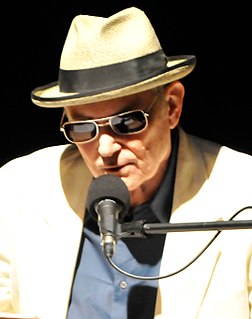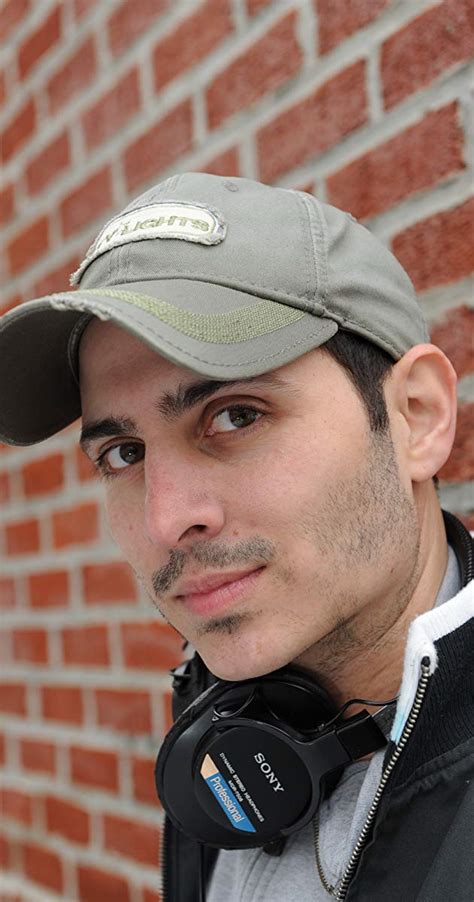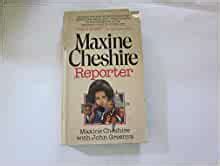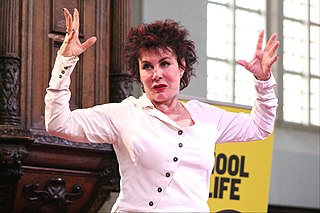A Quote by Virginia Henley
Probably every book I read influenced me in some small way. Authors like Jan Westcott, Kathleen Winsor, Catherine Cookson, Georgette Heyer, and even Barbara Cartland taught me to write character-driven stories.
Related Quotes
When I went to the University of Iowa in order to be a writer, I thought, This is the worst way to learn how to write. To sit in a room with a bunch of would-be writers, who want to write the Great American Novel, every one of them, and you read their stories and they read yours, and you're not living a life. I don't like that. I like learning on the job. The character of my work has definitely evolved from the character of my life.
I always write authors after I read their books. I've been doing it for years. I write a formal letter and send it to them in care of their agent. My mother always taught us to write thank you notes, and if an author puts themselves out there, they like to hear that their book connected with someone.
I do not consciously reclaim. I am not those "some readers" and so I think it would be impossible for me to see my work that way, as reclaiming a preserve. I write in a way that is aimed at all levels - conscious and unconscious - at pleasing the kind of reader I am. Some of the authors I read are male, some are female, and some are even in between. And speaking of in between, maybe now is as good a moment as any to point out that there might be no "feminine" or "masculine" literary sensibility, or sensibility generally.
I feel like in the reading I did when I was growing up, and also in the way that people talk and tell stories here in the South, they use a lot of figurative language. The stories that I heard when I was growing up, and the stories that I read, taught me to use the kind of language that I do. It's hard for me to work against that when I am writing.
Go where the pleasure is in your writing. Go where the pain is. Write the book you would like to read. Write the book you have been trying to find but have not found. But write. And remember, there are no rules for our profession. Ignore rules. Ignore what I say here if it doesn't help you. Do it your own way. Every writer knows fear and discouragement. Just write.The world is crying for new writing. It is crying for fresh and original voices and new characters and new stories. If you won't write the classics of tomorrow, well, we will not have any.
I taught elementary school and painted apartments for ten years. Now I write full-time and never have to change a thing I write. Every book comes to me in a flash of inspiration and takes me about two seconds to finish. The longer books, like the 'Time Warp Trio' novels, take a little longer to write - more like four seconds.




































